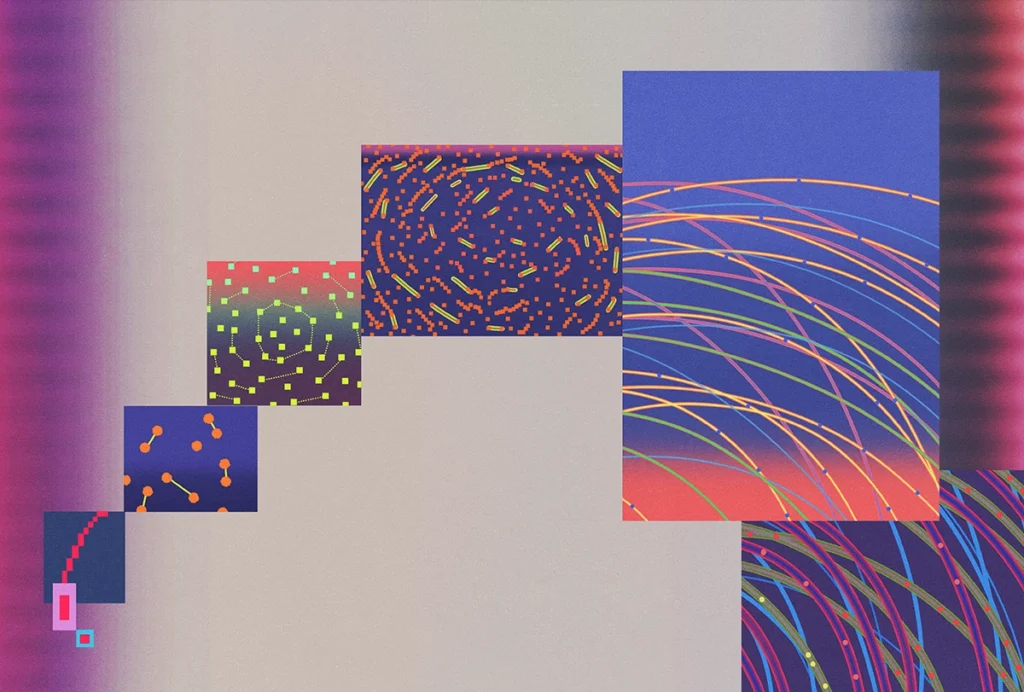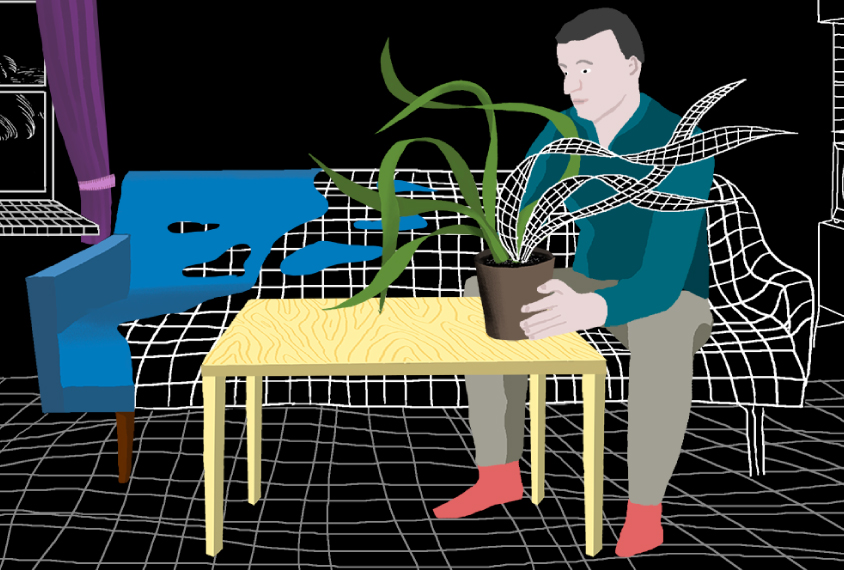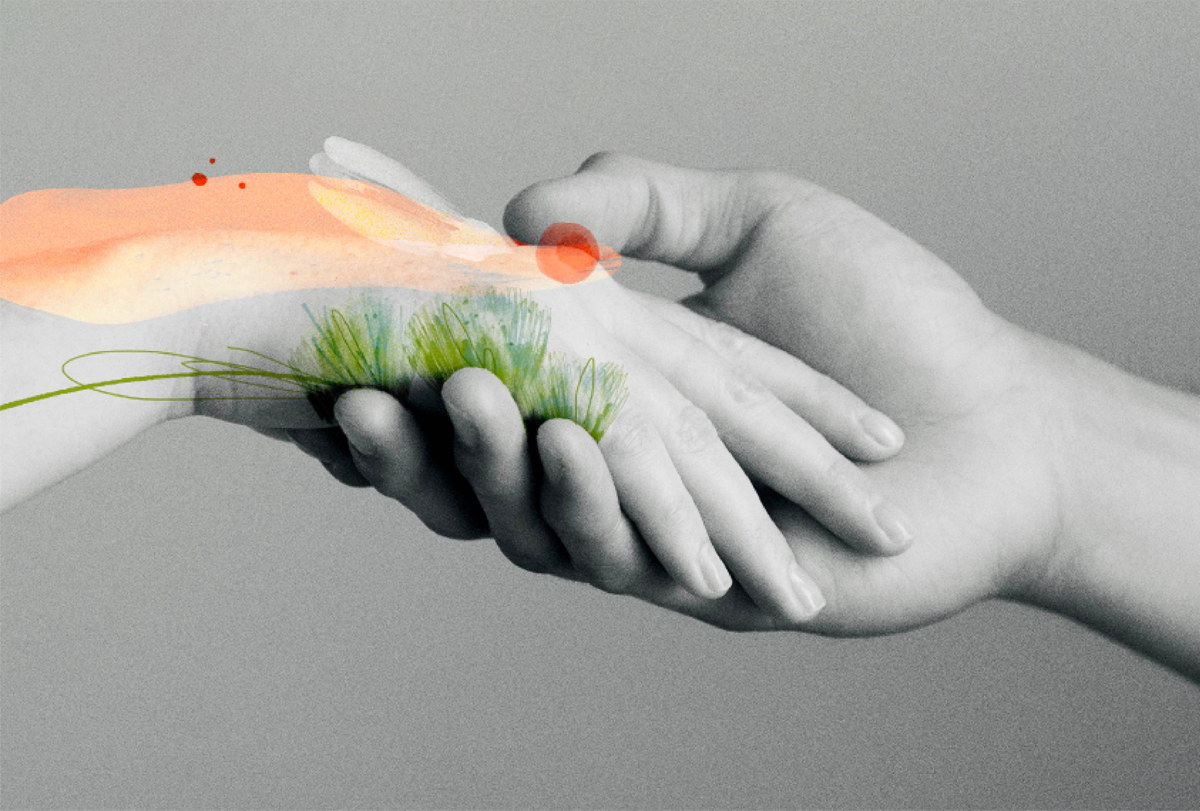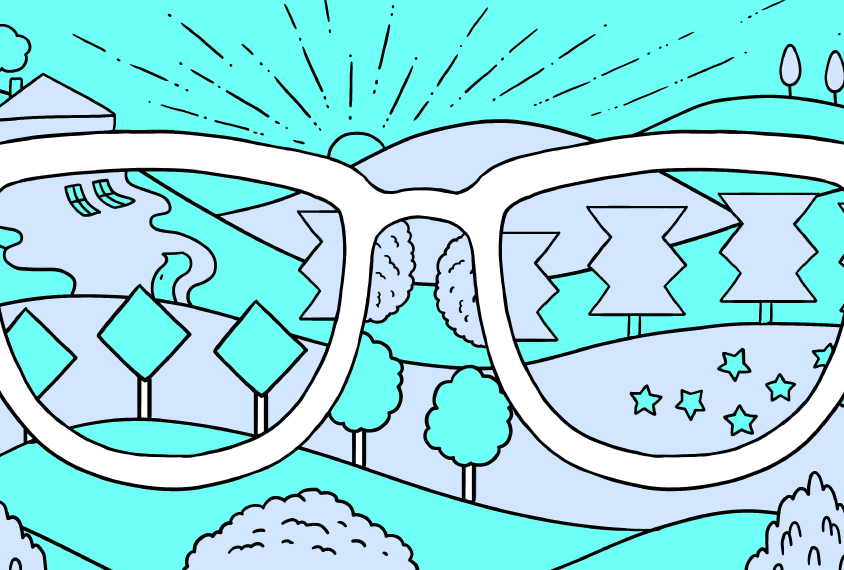George Musser is an award-winning science writer and editor. He was a senior editor at Scientific American for 15 years and has written two books on fundamental physics, “The Complete Idiot’s Guide to String Theory” (2008) and “Spooky Action at a Distance” (2015). He has written for Science, Nature, Quanta, Aeon, Nautilus, The New York Times and other publications. His website is georgemusser.com. He tweets at @gmusser.

George Musser
Contributing writer
From this contributor
Can an emerging field called ‘neural systems understanding’ explain the brain?
This mashup of neuroscience, artificial intelligence and even linguistics and philosophy of mind aims to crack the deep question of what "understanding" is, however un-brain-like its models may be.

Can an emerging field called ‘neural systems understanding’ explain the brain?
How ‘social touch’ shapes autism traits
Autistic people have unusual responses to 'affective touch,' which conveys social and emotional information. Their responses may reveal how autism begins.
The predictive coding theory of autism, explained
In autism, a person's brain may not form accurate predictions of imminent experiences, or even if it does, sensory input may override those predictions.
How virtual reality is transforming autism studies
Researchers and autistic artists exploring virtual reality to study, treat and simulate autism traits.

How virtual reality is transforming autism studies
How autism may stem from problems with prediction
A 'predictive coding' theory of autism suggests that many of the condition's hallmark traits occur when sensory input overrides expectation in the brain.

How autism may stem from problems with prediction
Explore more from The Transmitter
Lack of reviewers threatens robustness of neuroscience literature
Simple math suggests that small groups of scientists can significantly bias peer review.

Lack of reviewers threatens robustness of neuroscience literature
Simple math suggests that small groups of scientists can significantly bias peer review.
Dendrites help neuroscientists see the forest for the trees
Dendritic arbors provide just the right scale to study how individual neurons reciprocally interact with their broader circuitry—and are our best bet to bridge cellular and systems neuroscience.

Dendrites help neuroscientists see the forest for the trees
Dendritic arbors provide just the right scale to study how individual neurons reciprocally interact with their broader circuitry—and are our best bet to bridge cellular and systems neuroscience.
Two primate centers drop ‘primate’ from their name
The Washington and Tulane National Biomedical Research Centers—formerly called National Primate Research Centers—say they made the change to better reflect the breadth of research performed at the centers.

Two primate centers drop ‘primate’ from their name
The Washington and Tulane National Biomedical Research Centers—formerly called National Primate Research Centers—say they made the change to better reflect the breadth of research performed at the centers.

